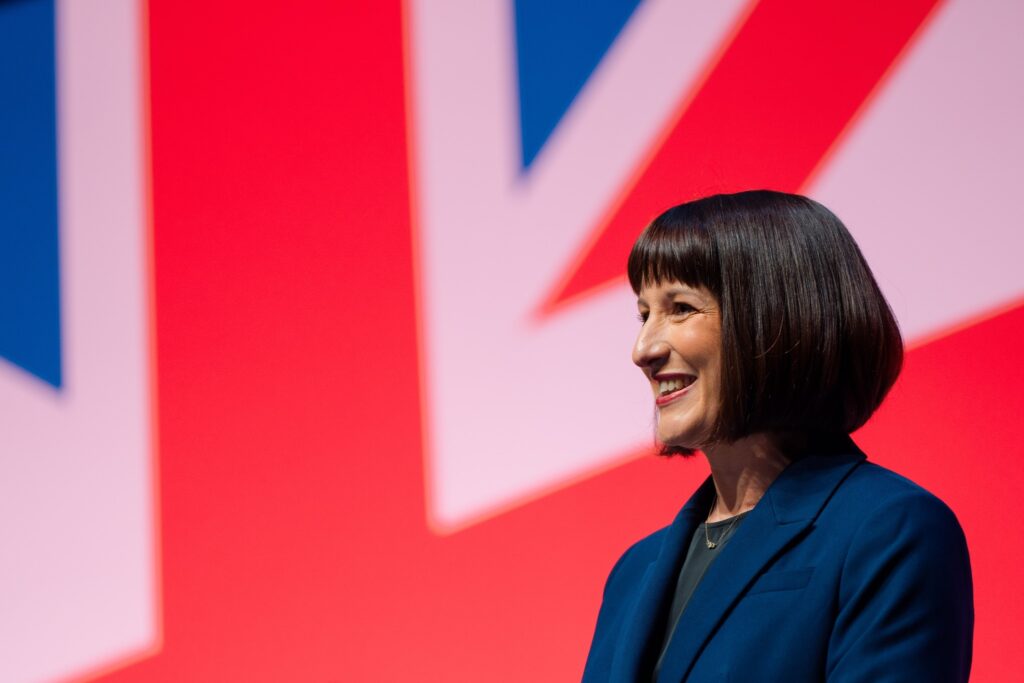
Rachel Reeves, the newly appointed Finance Minister of the United Kingdom, has pledged to “fix the foundations” of Britain’s economy, focusing on onshore wind power and housing construction. This announcement comes after the Labour Party’s recent electoral victory.
In her first major address since being appointed the UK’s first woman Chancellor by Prime Minister Keir Starmer, Reeves emphasized the urgency of reversing what she termed “the legacy of fourteen years of chaos and economic irresponsibility” under Conservative rule. “There is no time to waste,” she told business leaders in London on Monday.
Reeves, 45, assumes her role as Chancellor at a pivotal moment, with the UK economy just emerging from a recession, inflation rates stabilizing, and the Bank of England preparing to lower interest rates. The Labour Party, which centered its campaign on economic growth, secured a substantial majority in last Thursday’s general election.
Highlighting the impact of weak economic growth, Reeves cited new Treasury analysis revealing that Britain missed out on £58 billion ($74 billion) in tax revenues last year, affecting public services. She assured that economic growth would be pursued within “robust fiscal rules,” acknowledging the significant debt accrued due to pandemic-related spending and rising energy costs.
One of Reeves’ key initiatives includes doubling onshore wind energy by 2030, a move aimed at advancing the UK towards net-zero carbon emissions. “That means immediately removing the de facto ban on onshore wind in England, in place since 2015,” the government stated in a separate announcement.
Additionally, Reeves announced plans to reform planning rules to accelerate infrastructure development. This includes a commitment to build 1.5 million “affordable” homes in collaboration with the private sector, addressing the country’s housing shortage.


Comments are closed.